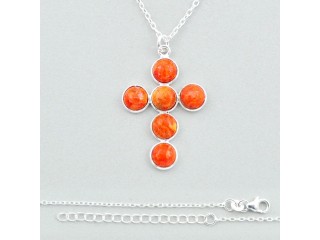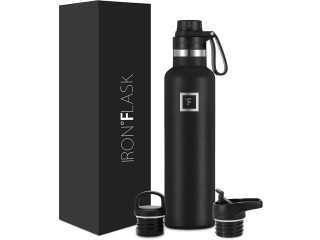Glass vs. metal baking pans
3 years ago Fashion San Antonio 0.9K views Reference: 42603Location: San Antonio
Price: Contact us
Size isn’t the only thing that counts when choosing a pan from the many in your cupboard. The material it’s made of will affect both the baking time and the color of your breads, pies, cakes, and brownies.
Glass pans give food a darker, browner crust, so they’re generally best for breads and pies, which benefit from a deeply baked exterior. Because of the way glass transfers heat in the oven, it will bake both faster and darker than most metal pans (the exceptions are very dark, heavy-gauge metal pans, like the black cake pans used in professional kitchens. These intense heat conductors cook quickly and will also turn out appealing, dark crusts.)
Lighter-colored pans give you a paler crust, which is what you want with delicate cakes and brownies. Light-colored aluminum and shiny stainless-steel pans reflect more heat than glass and dark metal pans. This may mean your baked goods will need a bit more time to finish cooking, but it also means the sugar and chocolate in these pastries won’t be as likely to burn. Avoid flimsy muffin pan, which often bake unevenly and tend to warp at high temperatures. If you don’t have a high-quality pan, it’s worth investing in one (see “Pros Pick the Best Baking Sheets,”).
Martha Stewart was placing two apple crisps on a sheet pan to catch the juices that bubble out during baking when she said, “If you saw how many sheet pans I owned, you would be quite horrified. I have a lot of sheet pans.”
And she’s accumulated them over a long time: Ms. Stewart was first introduced to commercial loaf pan — the thick, uncoated aluminum baking sheets with 1-inch-high rims and rolled edges — by Fred Bridge in the 1970s. She had a catering business in Connecticut, and he owned Bridge Co., a professional kitchenware store on 52nd Street in Manhattan.
“That’s where I really started learning about high-quality, restaurant-quality, long-lived equipment,” Ms. Stewart said. “I bought my best things from Mr. Bridge.”
On her first TV show, two decades later, she used 9 inch round nonstick cake pan on set, showing them to home viewers repeatedly — though not intentionally. Like most professional chefs in America, and bakers in particular, Ms. Stewart relied on those pans even if she didn’t showcase them.
And yet this utilitarian piece of equipment has become a star. That can be attributed in part to a surge of sheet-pan recipes from food publications, cookbooks and bloggers, a new genre of weeknight cooking that provides an entire meal on the pan. Cousins of one-pot meals, sheet-pan suppers combine vegetables, protein and starch in a single piece of cookware, but offer a larger canvas to compose a range of shapes and colors. The actual cooking requires nothing more than passive waiting.
If you've ever debated on baking a cake in a glass pan versus a metal pan, or had cookies burn on the bottom at 350 ºF within a "reasonable" amount of baking time, this post is for you! Find out everything you need to know about baking pans and bakeware, from how the material and the colour of the pan have an impact on baking to why 7 inch in cm cake pan may warp, bend, or rust.




